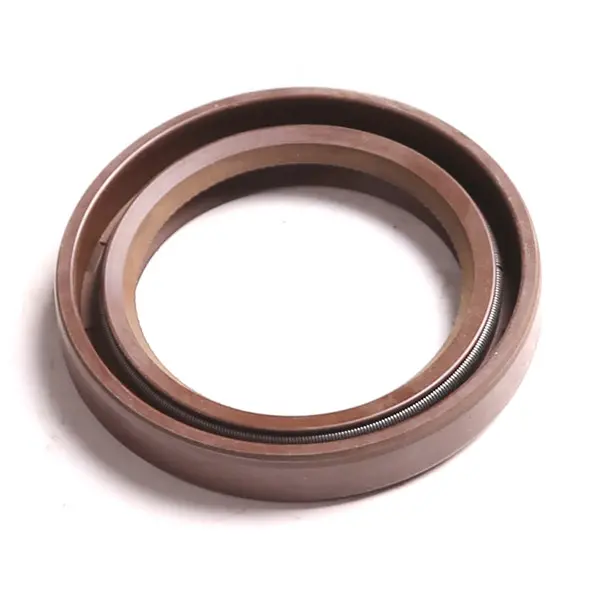9 月 . 02, 2024 21:13 Back to list
neoprene rubber gasket
The Versatility of Neoprene Rubber Gaskets
Neoprene rubber, a synthetic polymer known for its exceptional durability and resilience, has become a favored material in various industrial applications, particularly for gaskets. A gasket is a mechanical sealing device used to fill the space between two or more mating surfaces to prevent leakage of fluids or gases. Neoprene rubber gaskets, in particular, offer a unique combination of properties that make them indispensable in modern engineering and manufacturing.
Properties of Neoprene Rubber
Neoprene, or polychloroprene, is renowned for its excellent chemical stability and flexibility over a wide temperature range. This synthetic rubber exhibits remarkable resistance to oils, solvents, and other chemicals, making it ideal for use in environments where exposure to harsh substances is a concern. Additionally, neoprene remains effective in temperatures ranging from -40°F to 250°F (-40°C to 121°C), which allows for versatility in applications across different industries.
One of the standout features of neoprene is its ability to maintain its form and integrity under physical stress. This resilience reduces the risk of deformation or failure, ensuring a tight seal that prevents leakage. Moreover, neoprene gaskets are often available in various thicknesses and shapes, which can be customized to meet specific design requirements, further enhancing their application flexibility.
Applications of Neoprene Rubber Gaskets
The applications of neoprene rubber gaskets are extensive
. In the automotive industry, they are commonly used in engine components, fuel systems, and oil pans, where they help prevent leaks and ensure the optimal performance of vehicles. In refrigeration and HVAC systems, neoprene gaskets provide reliable seals that are essential for maintaining pressure and efficiency within systems.neoprene rubber gasket

Beyond transportation and climate control, neoprene gaskets are also prevalent in the electronics industry. They are used to protect sensitive components from moisture and dust, ensuring the longevity and functionality of electronic devices. This is particularly important in outdoor or industrial environments, where exposure to the elements can compromise equipment.
Furthermore, neoprene rubber gaskets are widely utilized in plumbing applications. They serve as seals in faucets, valves, and pipes, ensuring that water flow remains uninterrupted and leakage is eliminated. Their durability and resistance to water make them an ideal choice for maintaining the integrity of plumbing systems.
Advantages Over Other Materials
Compared to traditional materials such as cork or paper-based gaskets, neoprene offers significant advantages. Its chemical resistance ensures that it can withstand a broader range of substances without breaking down, making it a more reliable choice for varied environments. Additionally, neoprene's longevity reduces the frequency of replacements, leading to overall cost savings for businesses.
Neoprene gaskets also outperform many elastomers in terms of temperature resistance. This property is crucial for applications involving high heat, which can lead to gasket failure in less robust materials. The ability to maintain a seal under temperature fluctuations further establishes neoprene rubber as a trusted option for engineers and manufacturers.
Conclusion
In conclusion, neoprene rubber gaskets represent an essential component in many industrial applications due to their unique blend of durability, chemical resistance, and versatility. As industries continue to evolve, the demand for reliable sealing solutions will likely increase, placing neoprene rubber gaskets at the forefront of engineering innovation. Their ability to withstand a variety of challenging conditions makes them indispensable, and understanding their properties and applications is vital for anyone involved in design and manufacturing processes. Whether in automotive, electronics, or plumbing, neoprene rubber gaskets will continue to play a pivotal role in ensuring efficiency and safety in various systems.